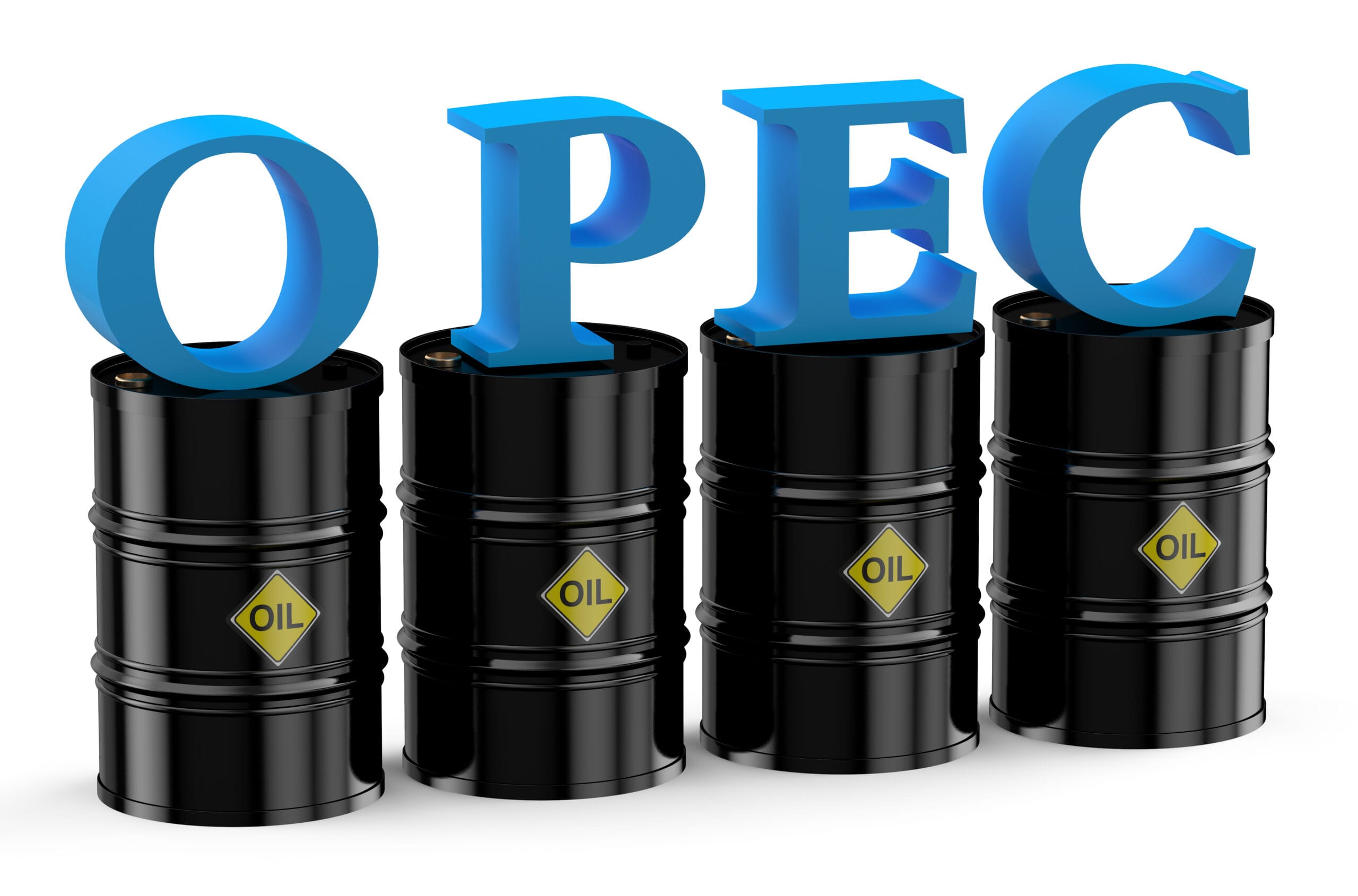Oil prices saw minimal fluctuations in recent trading sessions, maintaining stability as the Organization of the Petroleum Exporting Countries (OPEC) announced a decision to delay any increases in production until April 2024. This decision comes in response to a combination of factors, including fluctuating global demand, geopolitical tensions, and ongoing economic challenges in major markets. The announcement was made during a recent meeting where OPEC members discussed their collective strategy to balance supply and demand in the oil market.
Brent crude, the international benchmark, was trading at approximately $85 per barrel, while West Texas Intermediate (WTI) remained around $80 per barrel. Analysts suggest that these price levels reflect a cautious optimism among traders, as the market continues to grapple with uncertainties surrounding global economic growth and potential changes in consumer behavior.
OPEC’s decision to hold off on increasing production is seen as a strategic move to prevent oversupply, especially in light of mixed signals from major economies. The United States has seen a slight increase in oil production, which has raised concerns among OPEC members about maintaining price stability in the face of potential oversupply. Additionally, ongoing geopolitical tensions, particularly in Eastern Europe and the Middle East, have added to the complexity of the oil market, impacting both supply chains and consumer confidence.
The decision to delay the production increase until April aligns with OPEC’s previous strategy of cautious supply management. The cartel aims to ensure that oil prices remain at a sustainable level for both producing nations and consumers, as many economies continue to recover from the impacts of the COVID-19 pandemic.
Market analysts are closely monitoring upcoming economic indicators, including inflation rates and employment figures, which could influence oil demand in the coming months. Furthermore, the ongoing transition to renewable energy sources is also a key factor that could reshape the oil market landscape in the long term.
In summary, OPEC’s choice to postpone the production increase until April reflects a careful balancing act in an uncertain global market. As the world continues to navigate economic recovery and evolving energy demands, the oil industry remains a critical component of the global economy, with OPEC’s decisions playing a pivotal role in shaping its future.


